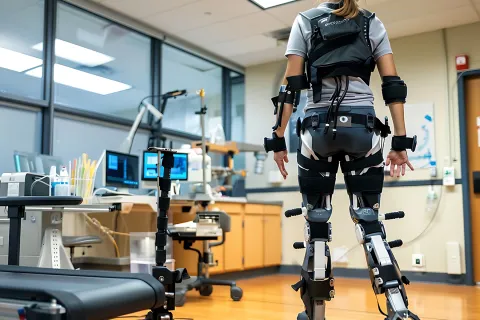
The reprocessing of Single-use Medical Devices (SUDs) has gained significant attention in recent years due to its potential cost-saving benefits and environmental impact reduction. Reprocessing involves the cleaning, sterilization, and refurbishment of certain medical devices for multiple uses, allowing healthcare facilities to save costs without compromising on patient safety. In Japan, a country known for its rigorous regulations, obtaining marketing approval for reprocessed SUDs can be quite a complex process. This blog will guide you through the key considerations and steps involved in gaining marketing approval for reprocessed SUDs in Japan.
Understanding Japan’s Regulatory Landscape
Japan has strict regulations in place, overseen by the Pharmaceuticals and Medical Devices Agency (PMDA). The PMDA, in collaboration with the Ministry of Health, Labour and Welfare (MHLW), ensures the safety and efficacy of medical devices in the country. In the case of reprocessed SUDs, the PMDA imposes specific requirements to ensure patient safety and quality control.
Classification of Reprocessed SUDs
Reprocessed SUDs in Japan are classified under the category of “Recycled Medical Devices”. The classification system is divided into the following three (03) categories, based on the level of device modification:
- Type 1: Devices that undergo minimal modification, such as only cleaning and sterilization, without any alteration to their original design or intended use.
- Type 2: Devices that undergo significant modifications, such as refurbishment or replacement of certain components.
- Type 3: Devices that require substantial modifications or alterations, so much so that they often require a new marketing approval process altogether.
Conducting Safety and Performance Evaluations
To obtain marketing approval for reprocessed SUDs, manufacturers must provide comprehensive safety and performance data on the devices. This typically includes pre-clinical and clinical evaluation reports as well as the demonstration of the device’s safety, efficacy, and equivalence to the original SUD. Additionally, the reprocessed SUDs must comply with the relevant Japanese Industrial Standards (JIS).
Establishing QMS
Manufacturers of reprocessed SUDs must establish and maintain robust Quality Management Systems (QMS). The QMS should encompass all the stages of reprocessing, including cleaning, sterilization, and refurbishment. Adherence to internationally recognized standards such as ISO 13485 is essential for demonstrating the efficacy of the QMS.
Gaining Approval via the Shonin Process
The Shonin process is the marketing approval pathway for medical devices in Japan. Under this process, manufacturers seeking marketing approval for reprocessed SUDs must submit a detailed application, including all the relevant documentation and data. After that, the PMDA thoroughly reviews the submission, assessing the safety and performance of the device and the quality management processes. Once the PMDA gives their approval, the manufacturer can legally market the reprocessed SUD in Japan.
PMS and Vigilance
After obtaining marketing approval, manufacturers have an ongoing responsibility to monitor the performance and safety of their reprocessed SUDs. Post-marketing Surveillance (PMS) and vigilance activities play a key role in ensuring continued compliance with the Regulatory requirements. Moreover, timely reporting of adverse events and conducting periodic safety assessments are central to maintaining patient safety.
Conclusion
The marketing approval process for reprocessed SUDs in Japan demands careful attention to the Regulatory requirements, safety evaluations, and QMS. Manufacturers must navigate the complex Regulatory landscape established by the PMDA and MHLW. By adhering to the guidelines outlined in this blog, manufacturers can confidently pursue marketing approval for their reprocessed SUDs, thereby contributing to improved sustainability, cost-effectiveness, and patient care in Japan’s healthcare system.
To decode the regulations for reprocessed SUDs in Japan, reach out to our trusted Regulatory expert today. Stay informed! Stay compliant!









